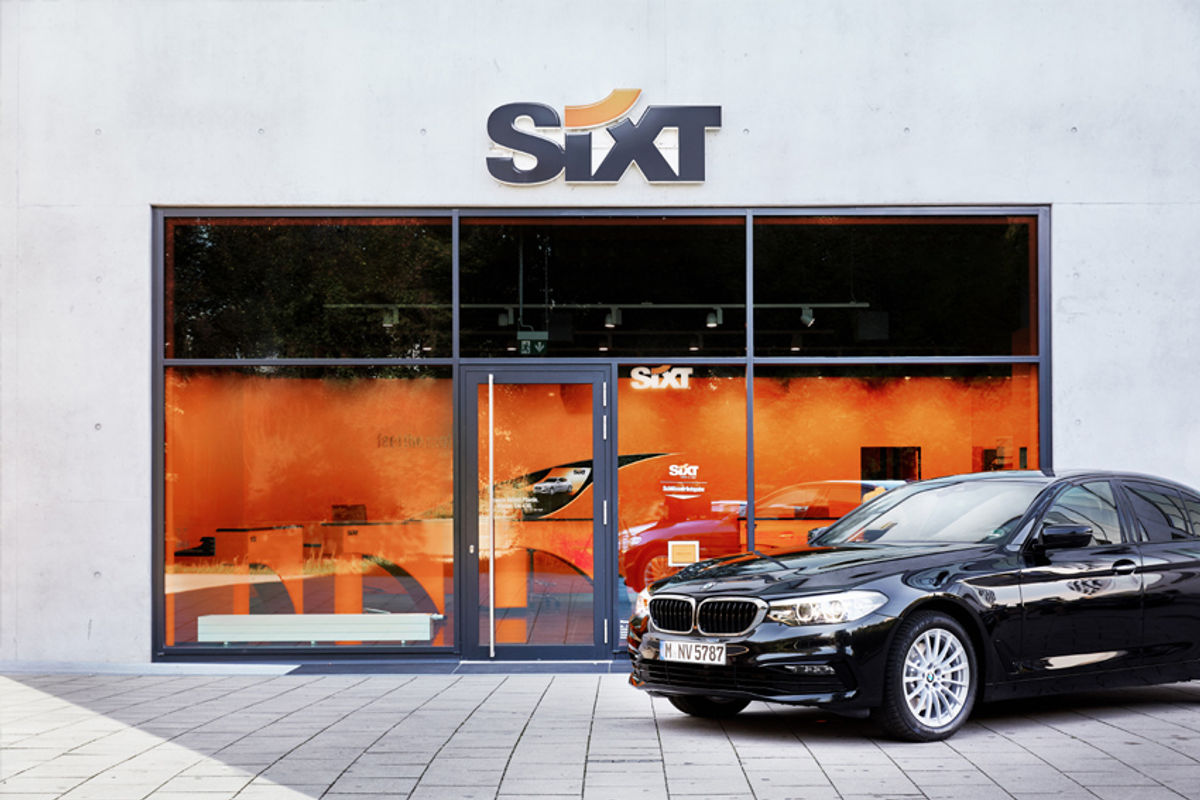Car rental company Sixt has made a remarkable comeback in the second quarter of this year, returning to profit after experiencing a loss in the previous quarter. The Germany-based company reported ‘record’ revenues of €1.01 billion, marking an 8.9% increase compared to the same period last year. This significant revenue growth was attributed to high demand and investments in providing a premium customer experience.
In its earnings report released on August 7th, Sixt announced earnings before taxes (EBT) of €62.9 million, signifying a return to profit. Additionally, earnings before interest, taxes, depreciation, and amortization (EBITDA) reached ‘record’ levels for Q2, increasing by 13% year on year to €384.2 million. The company credited its success to the improved utilization of its fleet and the stabilization of rental price levels, which had been under pressure earlier in the year.
Sixt’s Chief Financial Officer, Franz Weinberger, highlighted the company’s operational strength and resilience in a challenging market environment. He emphasized the effectiveness of the measures taken to reverse the negative trend and achieve profitability within a few months. The company’s ability to adapt and thrive in changing market conditions was evident in its Q2 performance.
North America emerged as Sixt’s strongest performing market in Q2, with a 26.8% increase in revenue to €319 million. The company’s expansion efforts in the US, including the opening of 15 new branches and presence at 49 airports, contributed to this growth. In Germany, revenues increased by 4.3% year on year to €285.8 million, while the rest of Europe saw a 1% rise to €400 million.
Sixt reported an average fleet size of 187,200 rental vehicles for the quarter and continued to reduce its ‘risk fleet’ in Europe. The ongoing fleet cycling strategy is expected to optimize vehicle costs in the second half of the year and beyond. Despite its strong performance in Q2, Sixt revised its full-year EBT forecast to between €340 and €390 million, citing geopolitical and macroeconomic risks, uncertainty around residual values, and short-term bookings for the summer season.
Overall, Sixt’s turnaround in Q2 demonstrates its resilience, operational strength, and commitment to providing a premium customer experience. The company’s strategic investments and focus on fleet utilization have paid off, leading to a profitable quarter and setting the stage for future growth and optimization.


